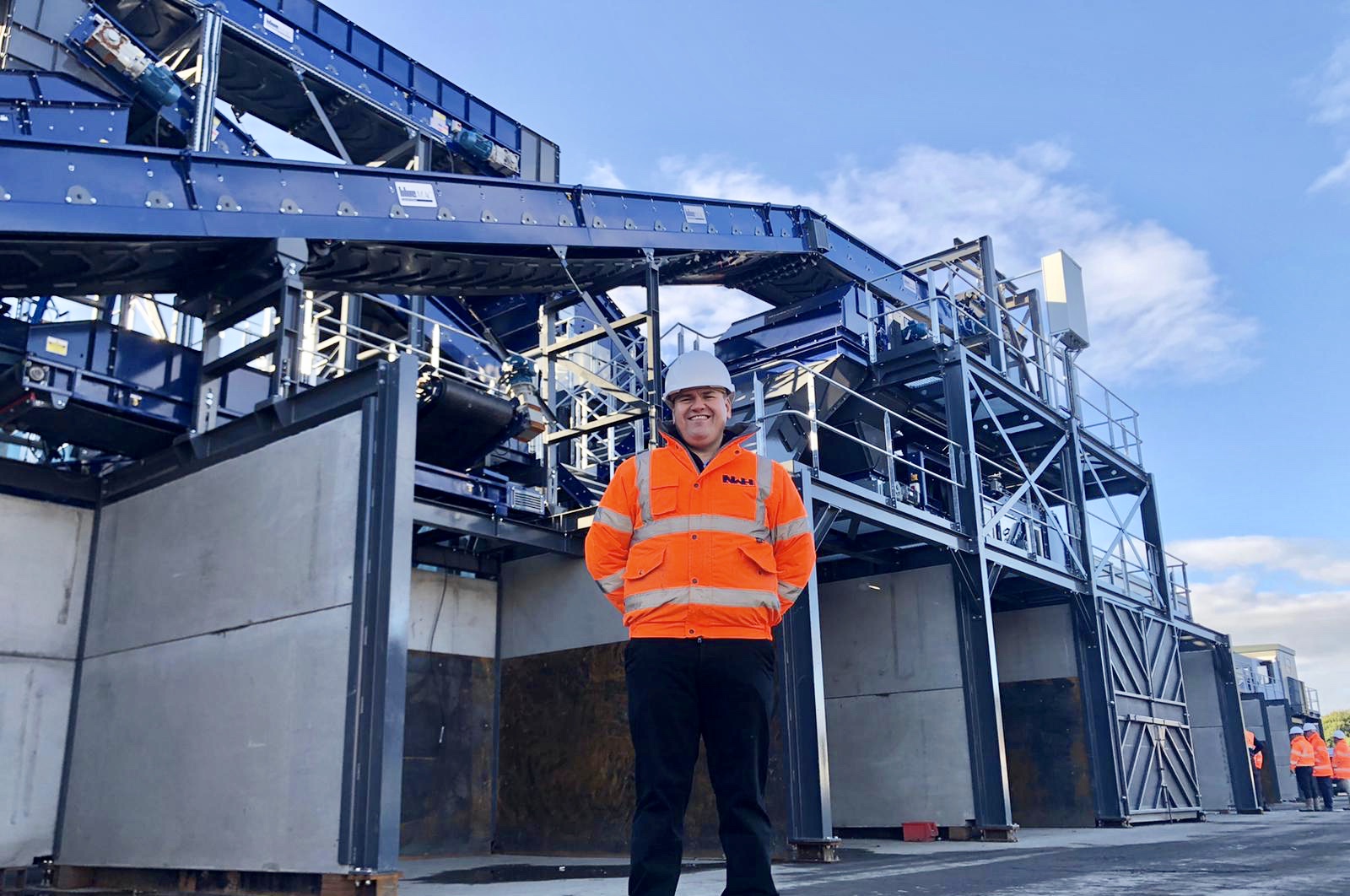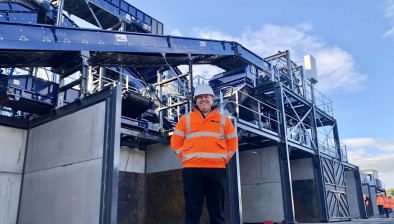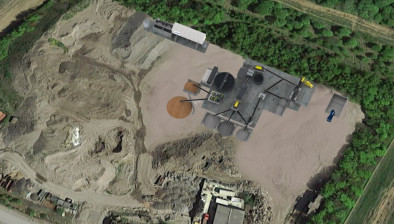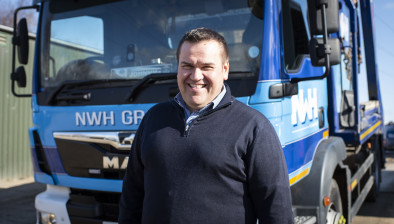NWH Group invests £2m in green super plant thanks to HSBC funding
Edinburgh-based waste management business NWH Group has invested in a £2 million recycling super plant that will save 20,000 tonnes of industrial waste from going into landfill each year with asset financing from HSBC UK.

NWH Group’s new machinery, fully operational from October 12, will use state of the art screening and air separation technology to sort through construction and demolition waste more effectively, enabling it to capture 15% more material to be recycled.
The material recycling facility, which cost £2.5m in total, will be able to pick up material that older machinery would have missed. It is also faster, recycling 45 tonnes of waste per hour compared to just 15 tonnes per hour with the older system.
NWH Group expects to grow its business by 50% per annum over the next three years thanks to its new super plant, which will help it become more operationally efficient
Mark Williams, CEO at NWH Group, said: “This investment ensures that NWH Group will have the most cutting-edge facility in Scotland and underpins our vision to eliminate waste to landfill.
“Our previous technology limited our scope for growth, but thanks to the funding from HSBC UK, technology is how helping with our speed and efficiency, and has opened up our prospects for growth. The super plant only needs six men to operate it; we previously had to have nine men assisting the machinery, so it’s enabled us to free up some of our staff to help us elsewhere in the business, which is fantastic.
Marcus Sangster, relationship director at HSBC UK, added: “We’re proud to help NWH Group forge ahead in a way that is both sustainable for the business and the environment with HSBC Equipment Finance. It’s encouraging to see a company with such ambition and strategy in the face of this pandemic and we look forward to seeing how the recycling super plant will benefit both NWH Group and its clients going forward.”
NWH Group will run all of its waste through Edinburgh while utilising its existing site network in Scotland and the North of England as waste collection points.










